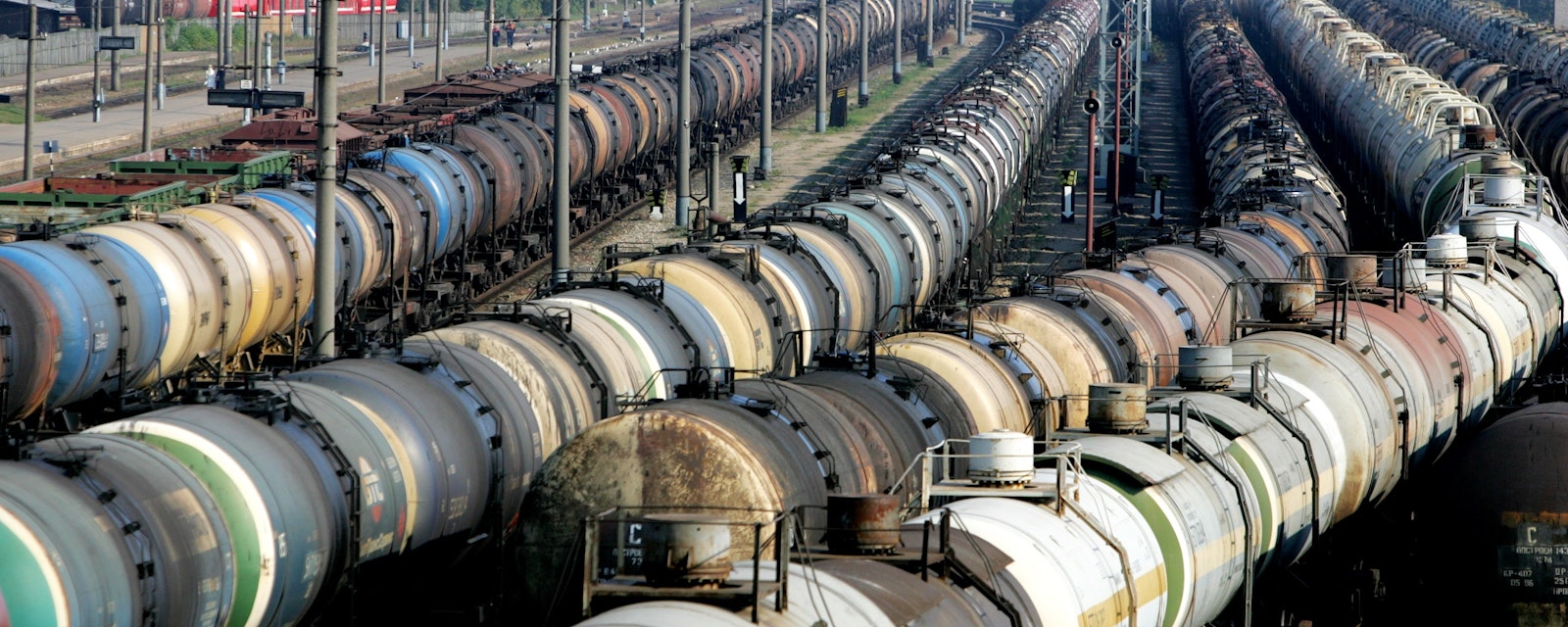European leaders are debating how to disrupt Russian oil flows to the bloc but reaching consensus on the correct approach is proving to be a challenge. Disruptions to Russian oil supply will be difficult and costly for Europe to replace and raise prospects for Russian retaliation. Any of the responses under consideration at this time by the EU have inherent flaws that allow some Russian crude and products to be redirected to other markets as trade flows adjust; this will undermine the efficacy while causing more pain for Europe.
Europe’s imports of roughly 2.7 million barrels per day (mbpd) of crude and 1.5 mbpd of oil products from Russia remain a contentious issue given the associated USD 450mn daily price tag. While self-sanctioning certainly has removed sizable volumes of this trade from the market, workarounds have emerged just as calls are intensifying from some European leaders to cut off Russia’s access to the bloc’s lucrative oil demand market. Following the EU’s recent decision to embargo coal exports, oil is now on the table and European leaders are debating the correct mechanism to disrupt Russian oil imports.
The issue will remain a prominent one, but a potential oil embargo is extremely divisive amidst the cocktail of elections, high inflation, and still higher fuel prices. In this climate, it will be difficult to secure consensus across the bloc for an oil embargo, a move which would exacerbate market tightness and price volatility. In addition, there are insufficient options to fully replace Russian oil in the European market, leading to calls for a more tempered approach ranging from a phased-in oil embargo to other solutions like tariffs or payments into an escrow account gaining some traction too. Any decision to restrict Russian oil imports will be politically challenging, and it will take some time to define the parameters. Even then, the effectiveness is still in question and the stakes are high.
Embargo Implications
In the most disruptive outcome, the EU will eventually arrive at a consensus on a Russian oil embargo, but almost certainly with caveats. These could include exemptions for certain products or a staggered phasing-in, potentially by product, as a compromise to those members most dependent on Russian oil (like Bulgaria) and especially on pipeline deliveries (Hungary, Germany, among others). In any embargo scenario, it will be impossible to fully replace lost Russian supply, which constitutes roughly 25% of EU oil imports.
While some spare OPEC capacity, particularly from Saudi Arabia or the UAE, could reach Europe, this is not the easy, flip-of-a-switch solution it is often presented to be. First, the OPEC bloc has not demonstrated willingness to fill the gap, and this would almost certainly undermine OPEC+ cooperation, which includes Russia. Second, spare capacity is maintained as an intentional buffer and would not be sent en masse to Europe. Third, not all crudes are created equal. European refineries geared toward Russian crude cannot switch crude slates without adjustments. This will be a necessary step in the event of an embargo to accommodate a different balance of crude from a host of countries that could include Saudi Arabia and the UAE, plus Norway, Azerbaijan, the US, or West Africa, among others.
Europe will have to compete for any of these options, which entail longer supply routes, reduced efficiency, and ultimately, higher costs. Reductions in fuel supply are also possible as the market adjusts.
While oil markets have seen some recent relief due to slowing economies in China and Europe, and the massive release of strategic reserves by the US and other allies, an embargo would send oil markets into a fresh tailspin. European countries can help ease the blow short-term with an accompanying release of strategic oil reserves to mitigate price surges. Some countries have already introduced fuel subsidies to shield motorists, but such a move is a clear contradiction of European climate policies. Ultimately, one of the biggest risks is that the harsher measures and the growing impact on the European public could diminish appetite for continued expansion of EU sanctions over the medium to longer term.
Potential Alternatives
Given strong opposition to an oil embargo by some members states, and the need for a consensus to implement such a measure, other proposals have been put forth. These include a potential EU import tariff on Russian oil and gas to reduce Russian revenue without a severe blow to European growth or the legal challenge of breaking contracts. Others have suggested using the tariff to shield households from higher energy prices. Another proposal suggests diverting some part of oil payments to Russia into an escrow account with conditions that dictate how and when Russia can access the funds. These ideas equally have met with skepticism and are unpalatable for the hawks in Europe who want to amplify the pain for Russia.
Ultimately, some form of EU disruption to Russian oil imports is in the works. With this comes two notable consequences for Europe: market disruptions and price hikes as Europe competes for alternative supplies, and a sizable risk of Russian disruptions to any remaining oil or gas supply to Europe in retaliation. In addition, there are inherent contradictions in any of these policies. First, they sideline European climate goals in favor of near-term political goals and market stability. Second, without directly sanctioning crude outflows from Russian ports or imposing secondary sanctions, Russia can redirect a portion of these flows to countries that are not party to sanctions and welcome the discounted price tag.




